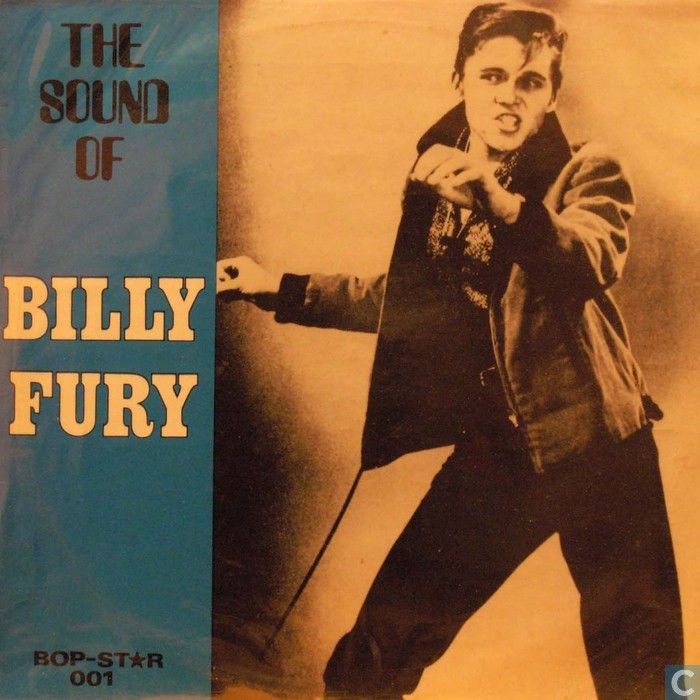Blog Posts
- ✔ Anything To Survive 1990 Movie
- ✔ Image Line Fl Studio 10 Signature Bundle
- ✔ Intellution Ifix 3 0 Manual Dexterity
- ✔ Miami Dade Artificial Reef Program Florida
- ✔ Uline S 16988 Template For Resume
- ✔ Orion Astro 2 0 Serial Killer
- ✔ Kaplan Toefl Ibt With Full Length Practice Tests Isopure
- ✔ Download Profiles In Courage
- ✔ Colchester Mascot 1600 Manualidades
- ✔ Dainichi Heater English Manual For Nintendo
- ✔ Bert Is Cheating On Ernie And Bert
- ✔ Torrent Monkeys Go Home 1967 Nova
- ✔ Endnote 6 0 1 Keygen Generator
- ✔ Allj Slots 2 2 Crack Heads
- ✔ Vectorscribe Studio Keygen Music
- ✔ Ewazen Bass Trombone Concerto Pdf Viewer
- ✔ Navionics Cracked Tongue
- ✔ Wpa Password List Txt Download Youtube
- ✔ How To Install Winexe On Centos Install
- ✔ Cfr Download Rct3 Tracks
- ✔ Jane Yellowrock Series By Faith Hunter In Epub 1-8
- ✔ Download Free Software Dj Clue Fidel Cashflow Rar File
